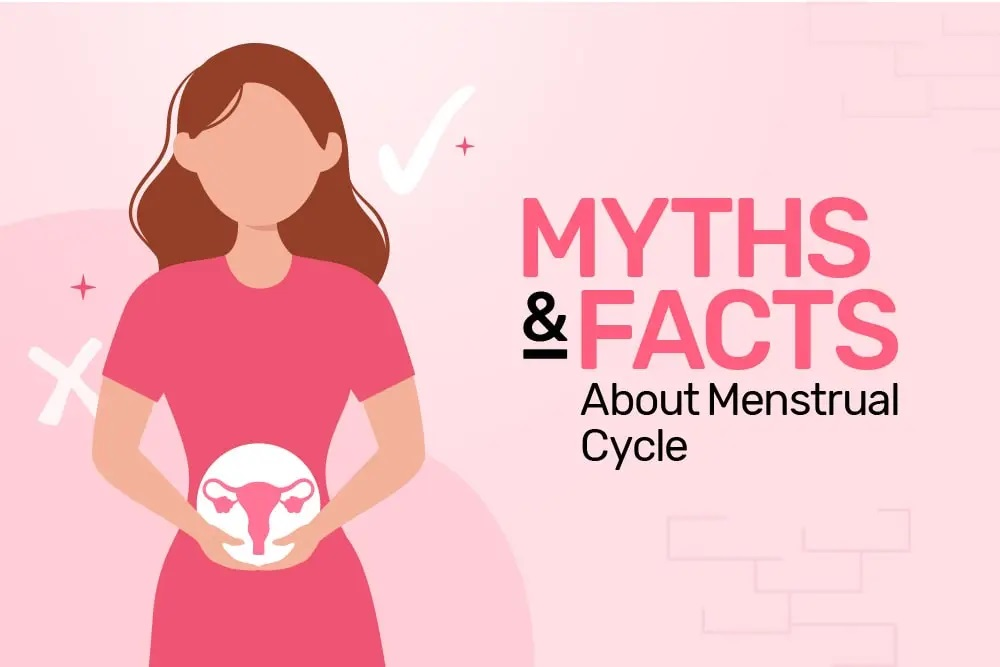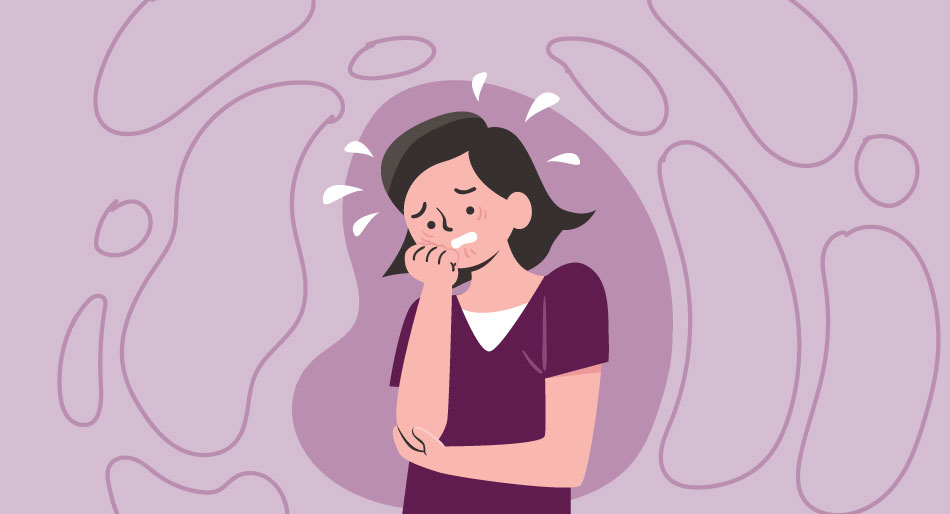Myths About Late Menstruation: What’s True and What’s Not
Category: Menstrual Health & Cycle Awareness | Goal Type: CycleHealth
Tags: MenstrualHealth, PeriodHealth, CycleVariability, HormonalChanges, Menstruation, PeriodScience, BodyAwareness, HealthTests, ReproductiveHealth, PeriodTracking, StressRelief, HealthyHabits, ProfessionalCare
A late period often causes anxiety, leading many to search for quick answers or jump to conclusions about pregnancy. However, delayed menstruation can occur for several natural reasons — from stress to hormonal fluctuations — and not all of them are cause for concern. Let’s debunk some of the most common myths about late menstruation and highlight the real science behind your cycle.
Myth 1: A Late Period Always Means You’re Pregnant
This is the most widespread misconception. While pregnancy is one possibility, many other factors can delay ovulation or menstruation. Stress, poor sleep, illness, changes in exercise routine, or even travel can disrupt your hormonal rhythm. If your period is late, take a test after a few days — but also review lifestyle factors before assuming pregnancy.
Myth 2: Late Periods Are Always Unhealthy
A delayed cycle isn’t automatically a sign of illness. The menstrual cycle naturally varies between 21 and 35 days in most women. Temporary irregularities often reflect short-term stress, diet changes, or mild hormonal adjustments. Persistent irregularity, however, may need medical evaluation to rule out conditions like PCOS or thyroid imbalance.
Myth 3: Exercise or Weight Loss Has No Effect on Periods
Intense physical activity or sudden weight loss can lower estrogen levels and suppress ovulation, leading to missed or delayed periods. Athletes and those with very low body fat often experience amenorrhea — the absence of menstruation — until hormonal balance is restored. A balanced diet, moderate exercise, and stress control are essential for healthy cycles.
Myth 4: Stress Doesn’t Impact Menstrual Timing
Stress is one of the top non-pregnancy reasons for delayed menstruation. Elevated cortisol (the stress hormone) interferes with the brain’s release of reproductive hormones — especially LH and FSH — delaying ovulation. Practicing relaxation techniques such as deep breathing, meditation, or yoga can help normalize hormonal signals.
Myth 5: Birth Control Fixes Every Irregular Cycle
While hormonal contraceptives can regulate bleeding patterns, they don’t address the root cause of irregular cycles. Once stopped, underlying hormonal imbalances may resurface. Medical guidance is essential before starting or stopping birth control purely for “cycle control.”
Myth 6: Skipping a Period on Birth Control Is Dangerous
Many women worry when their period doesn’t appear while using hormonal contraceptives. In fact, withdrawal bleeding during the pill’s placebo days isn’t a true period — it’s a hormonally induced response. Missing it occasionally is normal and usually harmless, but consult your doctor if you miss multiple cycles unexpectedly.
Myth 7: Herbal Remedies Can Instantly Bring Back a Period
Some herbal teas or remedies claim to “induce” periods quickly, but their effectiveness and safety are rarely scientifically proven. Always consult a healthcare professional before taking any supplements, especially if your cycles are consistently delayed.
Science-Backed Reasons for Late Menstruation
- Stress and emotional strain
- Weight fluctuations or excessive exercise
- Hormonal disorders such as PCOS, thyroid imbalance, or elevated prolactin
- Recent illness or medication use
- Perimenopause — natural hormone shifts in your late 30s or 40s
- Sleep disruption — irregular circadian rhythms affect hormone release

When to See a Doctor
Occasional late periods are normal. However, seek professional care if:
- Your period is more than 10 days late for three or more consecutive cycles.
- You’ve missed periods for 3 months (and are not pregnant).
- You experience severe cramps, abnormal bleeding, or unusual discharge.
- You have rapid weight gain or hair growth on the face/body (possible hormonal imbalance).
FAQ: Late Period Myths
1. Can emotional stress really delay a period?
Yes. Mental stress directly affects hormone regulation and can delay ovulation, making your period arrive later than expected.
2. Is a late period always a sign of poor health?
No. Temporary delays happen for many reasons and often correct themselves once your routine stabilizes.
3. How many days late is still “normal”?
A variation of up to 7 days is usually considered normal. If it extends beyond 10 days, tracking and a pregnancy test are recommended.
4. Can changing sleep patterns affect menstruation?
Yes. Irregular sleep and night shifts can disrupt melatonin and reproductive hormone balance, leading to delayed cycles.
Key Takeaways
- Late menstruation doesn’t always mean pregnancy — stress, diet, and hormones play major roles.
- Cycles between 21–35 days are considered normal; occasional delays are harmless.
- Chronic delays or missed periods require medical evaluation to rule out underlying conditions.
- Healthy habits — sleep, stress management, and nutrition — are key to consistent cycles.



